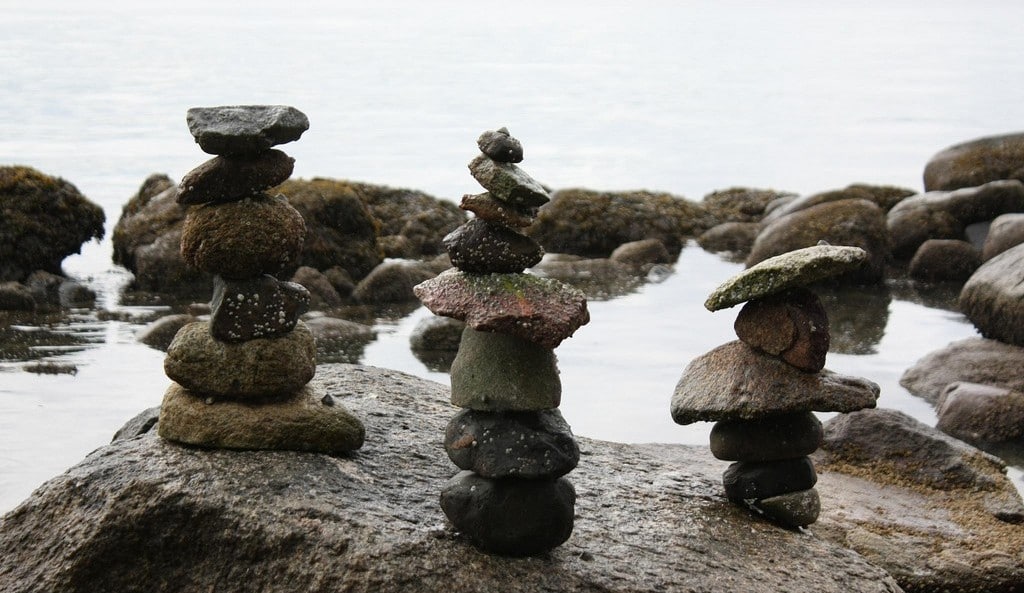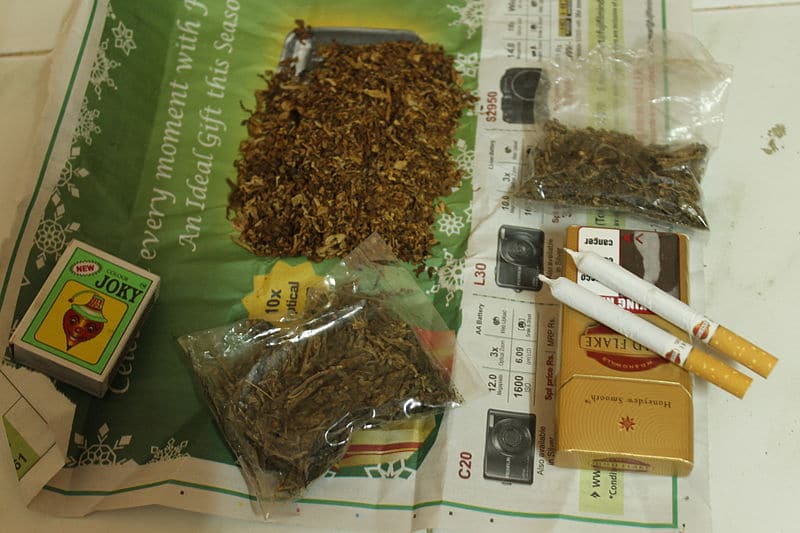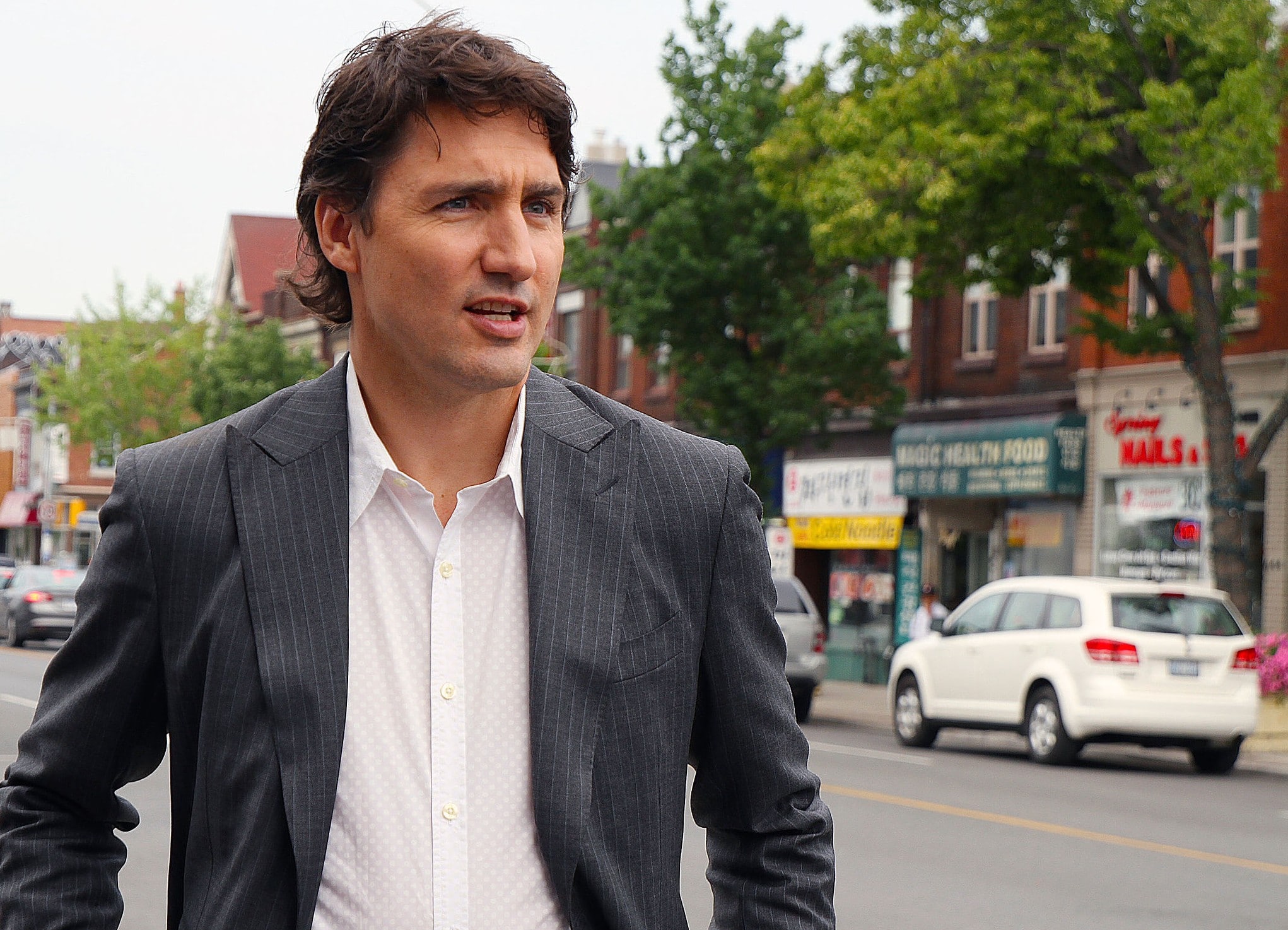
An addiction recovery coach can help you integrate a psychedelic experience and start you on the path to rebuilding your life. | Image Source: Flickr CC user Jon Roberts
Imagine if your whole world was beautifully but somberly shattered into a million pieces. The hard road of addiction that you walked down for many years finally led you to this point, a psychedelic therapy session that brought you face to face with all of your self-destructive behaviors and the roots underlining them, while revealing in unspeakable wonder the deep lessons of your journey and the infinite potential that you have to choose a higher path. The way forward seems clear, but you are overwhelmed by the sheer magnitude of your recent revelations, and the hard task of returning to your normal life without falling into your old ways.
This scenario is what many people who choose psychedelic therapy to overcome their addictions face. As news of psychedelics like ibogaine and ayahuasca’s anti-addictive properties spreads across the globe, more and more people are seeking out this alternative form of treatment to overcome their addictions to drugs like heroin, cocaine, and alcohol. Psychedelic addiction treatment can be highly effective, but the treatment itself is only half of the battle. On the other side of the therapeutic psychedelic experience comes the long road of integration, and that is where addiction recovery coaching steps in.
The Importance of Recovery Coaching
Recovery coaching has been around for a long time, well before psychedelic therapy was a widely known option for addiction treatment. A recovery coach is there to offer recovering addicts moral support, resources, and guidance on how to best ground oneself in positive life choices and move past old patterns of behavior that lead to addiction in the first place. Addiction recovery coaching plays a vital role for people who undergo conventional rehab and 12-step programs, but it is perhaps even more important for those who choose the alternative path of psychedelic treatment, as experiences on ayahuasca and ibogaine can be immensely powerful and complex even for non-addicts, and they are even more intense for those who are embattled by addiction and wishing to make a drastic change in their lives.
Psychedelic medicines have been used for thousands of years by many cultures around the world, and while modern society has begun to rediscover their anti-addictive powers and therapeutic properties through science and research, we are still working to close the gap on the deep cultural understanding that supports and empowers their use. Recovery coaches who specialize in psychedelic addiction treatment are at the front lines of bringing back this discarded wisdom with a robust understanding of how psychedelic experiences work, and how to harness them to make positive lasting changes in people’s lives after their revelatory experience.
A Rebirth of Psychedelic Healing Wisdom
Groups around the world are beginning to offer integration therapy and addiction recovery coaching for people who have undergone psychedelic experiences to kick their addictive behaviors. Recovery coach Deanne Adamson started the organization Being True to You to help people (mostly with a heroin addiction) who have taken ibogaine as a means to interrupt their addictive behaviors. Realizing that there was a gap on the post-treatment integration side of ibogaine-assisted addiction recovery, she now coordinates dozens of counselors and coaches who offer their recovery coaching services both remotely and in person, giving recovering addicts the extra help they need to handle the beautiful and challenging aspects of building a new life after ibogaine treatment. Other organizations like InnerSpace Integration and Barcelona-based ICEERS also offer post-psychedelic integration support, and this whole area of post-psychedelic support is sure to continue to grow vastly in the coming years.
To put all this into perspective, Deanne Adamson shared some insight in an interview we did with her last year about the process of recovery coaching:
“If you think about the energy that goes into being an addict, it’s a lot of energy. It takes 24 hours a day, a ton of energy, a ton of money, and mentally you always have to be on point. How you’re going to chase your drugs, how you’re going to prepare the drugs, how you’re going to hide it. It’s a full-time job. And to replace that, you need another full-time job. We want to provide them a purpose in the material world.”
Recreating a life that used to revolve around addiction is no easy task, but with the right kind of help from addiction recovery coaching, former addicts can have the best chance of success at building a new and meaningful life that has no room in it for the dark spiral of addiction.










